

Among the most significant indicators of emotional well-being is positive self-esteem. Like with many other cognitive and physical skills, self-esteem too develops as the result of interactions with environment and people. The following article provides information on What Is Self Esteem, How Self Esteem Develops, Self Esteem Strategies For Babies, Toddlers and Preschoolers.
Developmental milestones are a set of functional skills or age-specific tasks that most children can do at a certain age range as they grow and develop. The following provides the developmental milestones from 2 months to 5 years old.
Saying sorry is among the earliest lessons in interpersonal behaviour that children learn when growing up. There are indeed many benefits of an apology but sometimes we forget that almost always they depend on both sides genuine feeling the emotions rather than being forced to go through the motions. The following article provides information on the Importance Of Apologising and Strategies To Support Children In Saying Sorry.
The Developmental Milestones Posters are from 2 months old to 2 years old and have the milestones for each age group in the Social/Emotional, Cognitive, Language, and Physical Development domains. These are great to display within the learning environment or to use as a reference.
Developmental milestones are behaviours or physical skills seen in infants and children as they grow and develop.
Dolly Parton’s Imagination Library in Australia is a free book gifting program. Each month children who are registered will receive free age-appropriate books till the age of five years old.
Art enjoys a highly significant space in early childhood learning programmes for the way it promotes a variety of learnings. Both as a process and product, art helps improve creativity, cognition, social skills and emotional expression in children. If you are involved in the planning or implementation of art-based play and learning in young children, here is a bit more on the different stages of child art development.
Children’s early experiences consist of interactions with parents, other family members, Educators and teachers as well as their environment. Due to the rapid nature of brain development in early childhood, the quality of early experiences deeply impacts their emerging selfhood and how they respond to the world around them for the rest of their life. This can be broadly thought to constitute the core of their social and emotional development and here is how it is linked to the EYLF.
Physical development includes not just the increase in length, height and weight of the child but also the size of organs as well as the development of various reflexes, motor skills, sensations and perceptions. Here is a brief overview of ways in which physical development in the first five years can be linked to EYLF.
Tremendous advances in brain imaging technology over the last ten years have led to a quantum leap in brain research. Among the research areas most studied by scientists is the effect of musical experiences on the brain development of children. The following article provides information on How Music Enriches Brain Development In Children, Playing Music Vs Listening To Music, Benefits Of Music and more.
Writing ability is one of the more complex literacy skills as it depends on a host of physiological, cognitive and communication developments. The following article provides information on the role of drawing and talking in early writing development.
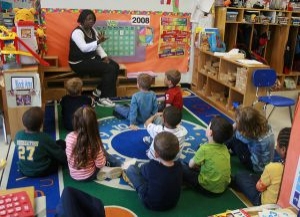 Working as a childcare professional can be a challenge especially when dealing with behavioural problems which may arise. The techniques we use when dealing with… Read More
Working as a childcare professional can be a challenge especially when dealing with behavioural problems which may arise. The techniques we use when dealing with… Read More
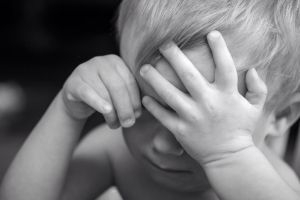 There are different types of behaviour that children can display and sometimes it can be hard to manage, especially if a child is having behavioural… Read More
There are different types of behaviour that children can display and sometimes it can be hard to manage, especially if a child is having behavioural… Read More
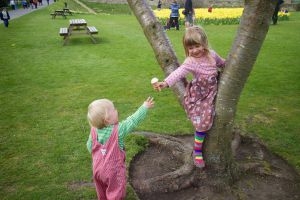 As a parent, your behavioural expectations of your child can be higher than what is actually developmentally appropriate for your child's age.
Read More
As a parent, your behavioural expectations of your child can be higher than what is actually developmentally appropriate for your child's age.
Read More
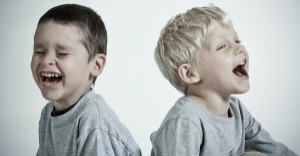 As Educators, there will be many instances where you will need to write about a child's behaviour. For a behaviour management plan, assessments, half-yearly or… Read More
As Educators, there will be many instances where you will need to write about a child's behaviour. For a behaviour management plan, assessments, half-yearly or… Read More
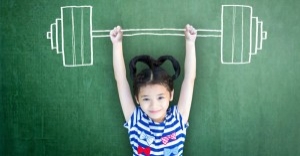 As Educators when communicating with Parents (through verbal or non-verbal communication), there will be times where we need to discuss issues or concerns that may… Read More
As Educators when communicating with Parents (through verbal or non-verbal communication), there will be times where we need to discuss issues or concerns that may… Read More
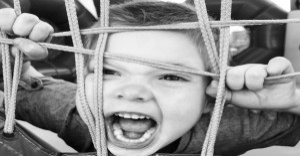 Challenging Behaviour is when a child does something that hurts themselves and/or other people.
Read More
Challenging Behaviour is when a child does something that hurts themselves and/or other people.
Read More
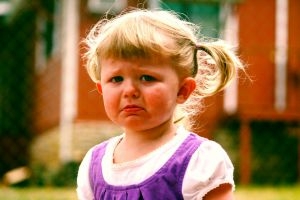 As part of your child's development it is normal for your child to have anxiety and fears. A baby commonly shows a fearful sign to… Read More
As part of your child's development it is normal for your child to have anxiety and fears. A baby commonly shows a fearful sign to… Read More
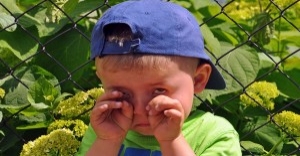 It's always difficult to bring up behavioural issues with parents, it can be nerve wrecking to tell a parent that their child misbehaves but that… Read More
It's always difficult to bring up behavioural issues with parents, it can be nerve wrecking to tell a parent that their child misbehaves but that… Read More
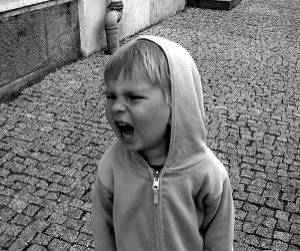 All children deal with anger on a daily basis. Thinking about it as a child, there is a lot to be angry about. Elder people… Read More
All children deal with anger on a daily basis. Thinking about it as a child, there is a lot to be angry about. Elder people… Read More
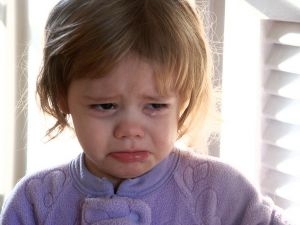 It is important to understand that your child behaviour problems could not just be from attention seeking. There are many factors to take into consideration… Read More
It is important to understand that your child behaviour problems could not just be from attention seeking. There are many factors to take into consideration… Read More

The following article provides information on Current and Emerging Research on brain development in babies...
See more...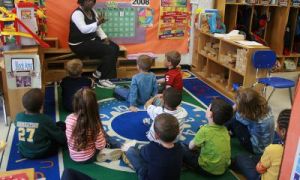
Working as a childcare professional can be a challenge especially when dealing with behavioural problems...
See more...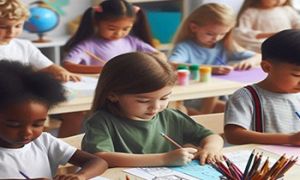
Behaviourism is a learning theory developed by psychologists B.F. Skinner and John Watson, focusing on...
See more...© 2009-2025 Aussie Childcare Network Pty Ltd. All Rights Reserved.

